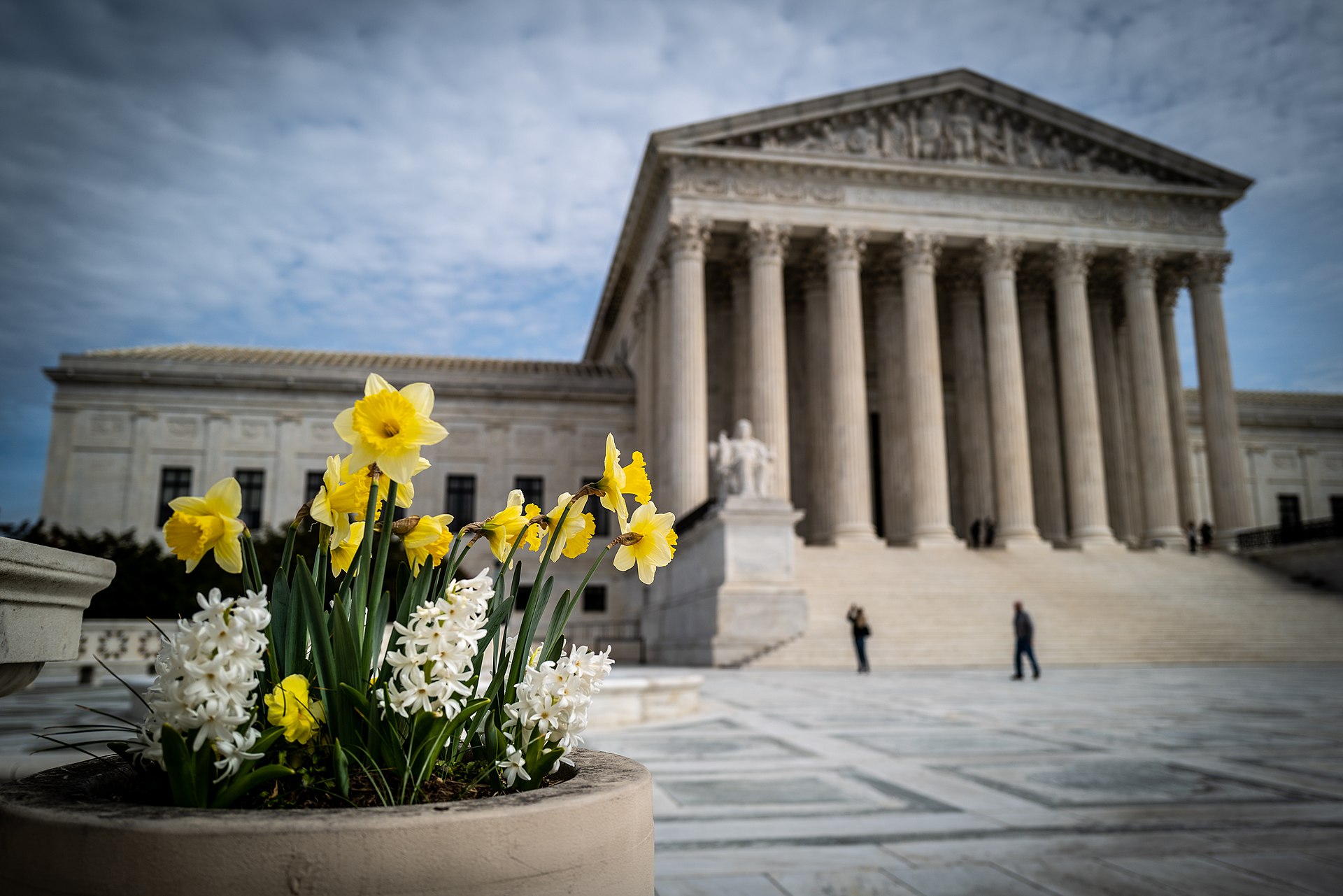On April 22, the U.S. Supreme Court (SCOTUS) issued opinions in three cases argued during the 2020-2021 term.
Jones v. Mississippi originated from the Mississippi Court of Appeals and was argued before SCOTUS on November 3, 2020. The case concerned sentencing juveniles to life imprisonment without parole.
In a 6-3 vote, the court ruled that the Eighth Amendment to the U.S. Constitution does not require a juvenile to be found as permanently incorrigible before imposing a life sentence without parole. The term incorrigibility refers to when a juvenile does not accept an adult’s authority. The court upheld the Mississippi Court of Appeals’ judgment. Justice Brett Kavanaugh delivered the court’s majority opinion. Justice Sonia Sotomayor dissented and was joined by Justices Stephen Breyer and Elena Kagan.
Carr v. Saul (consolidated with Davis v. Saul) concerns claimants seeking disability benefits under the Social Security Act and whether they must raise any constitutional Appointments Clause challenges relating to the administrative law judges hearing their claims during administrative proceedings before seeking judicial review. The case was argued before SCOTUS on March 3, 2021.
The U.S. Supreme Court issued a unanimous opinion reversing the 10th Circuit ruling and remanding the case for further proceedings. The court held that Social Security disability claimants are not required to make Appointments Clause challenges at the agency level. Justice Sonia Sotomayor authored the court’s majority opinion. Justice Clarence Thomas filed an opinion concurring in part and concurring in the judgment, in which Justices Neil Gorsuch and Amy Coney Barrett joined. Justice Stephen Breyer filed an opinion concurring in part and concurring in the judgment.
AMG Capital Management, LLC v. Federal Trade Commission was argued before the court on January 13, 2021, and concerned the Federal Trade Commission Act (“The Act”) and whether it authorizes the Federal Trade Commission (FTC) to demand monetary restitution.
SCOTUS issued a unanimous opinion reversing the 9th Circuit’s judgment and remanding the case for further proceedings. The court concluded that Section 13b of The Act does not authorize the FTC to seek equitable monetary relief like restitution or disgorgement, nor does it authorize a court to award such relief. Justice Stephen Breyer delivered the majority opinion of the court.
As of this writing, the court has issued 30 opinions this term. Six cases were decided without argument.
Additional Reading:


